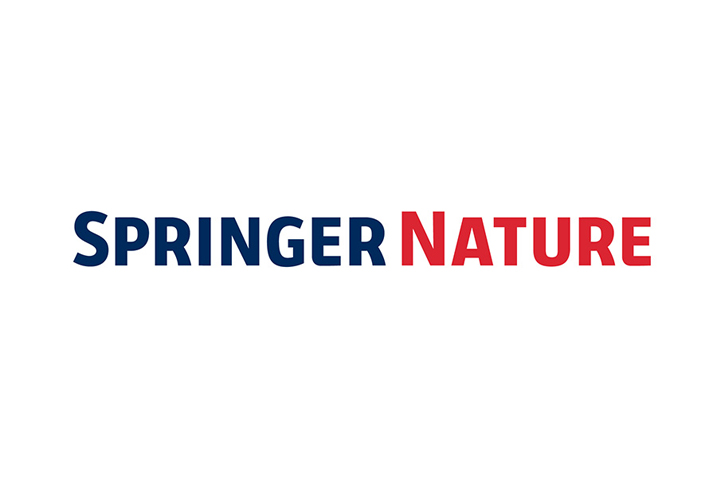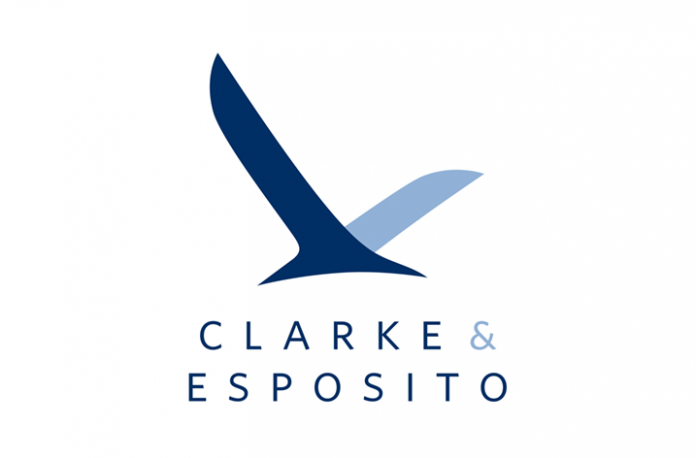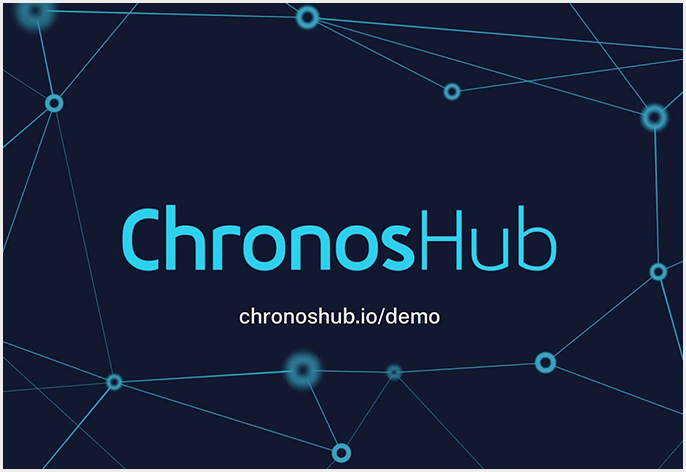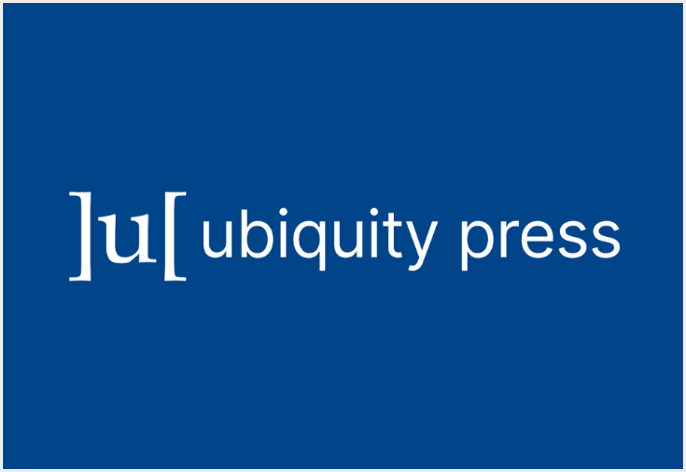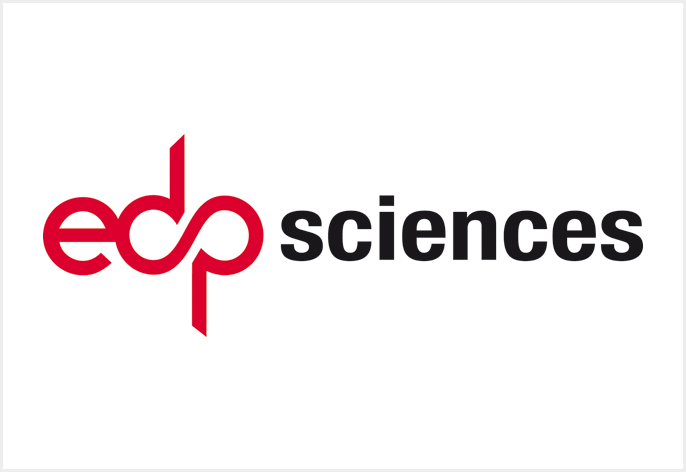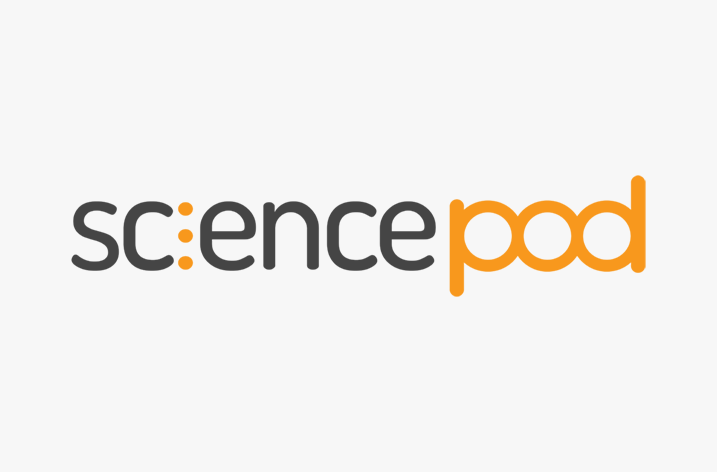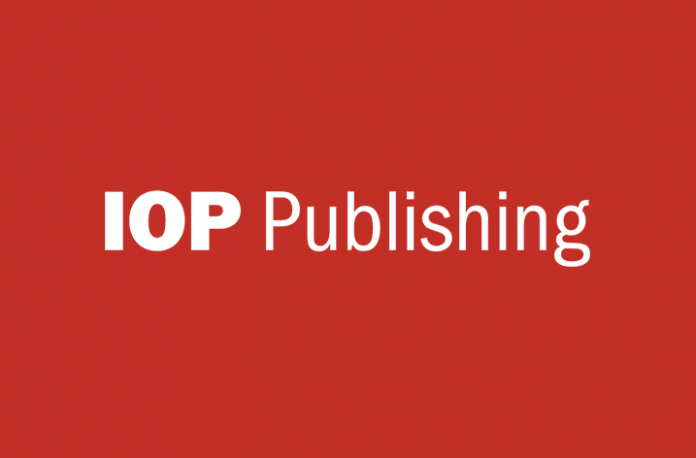The Top 10 Emerging Technologies of 2023 report co-published by open access publisher Frontiers and the World Economic Forum has been presented today. The report identifies those technologies poised to have the biggest positive impact on society over the next three to five years. Curated by an international steering group of experts, the technologies were selected from nearly 100 contenders based on criteria including novelty, applicability, depth, and power. As this year’s knowledge partner, Frontiers collaborated with theForum to identify experts from its far-reaching research community to provide further analysis of the technologies.
For more than a decade, the report has helped business leaders, innovators, policymakers, and other professionals across industries and disciplines anticipate developing technology and understand the associated risks and opportunities. The 2023 report has broadened its scope for the first time, incorporatinga qualitative assessment of how each technology will impact people, the planet, prosperity, industry, and equity. These “impact fingerprints” are based on data gathered from more than 90 experts across 20countries. They offer in-depth analysis of how the technology is predicted to influence society within the nextfive years. The academics were selected from Frontiers’ network of scientific journal editors, while industry leaders were selected from the WEF’s Innovator Communities.
Top 10 Emerging Technologies of 2023 will also include a collection of Transformation Maps co-curated by Frontiers for each of the ten technologies:
- Flexible batteries
- Generative artificial intelligence
- Sustainable aviation fuel
- Designer phages
- Metaverse for mental health
- Wearable plant sensors
- Spatial omics
- Flexible neural electronics
- Sustainable computing
- AI-facilitated healthcare
Hosted on the Forum’s Strategic Intelligence platform, these maps provide deeper insights and context on how the technology connects to other topics on the global agenda, in addition to highlighting the latest articles on the topic from trusted sources. A total of 15 Frontiers journals contributed to the report, including:
- Frontiers in Artificial Intelligence
- Frontiers in Batteries and Electrochemistry
- Frontiers in Cell Signaling
- Frontiers in Chemical Biology
- Frontiers in Computer Science
- Frontiers in Energy Efficiency
- Frontiers in Fuels
- Frontiers in Lab on a Chip Technologies
- Frontiers in Medical Engineering
- Frontiers in Medical Technology
- Frontiers in Membrane Science and Technology
- Frontiers in Microbiology
- Frontiers in Plant Science
- Frontiers in Systems Biology
- Frontiers in Virtual Reality
The release of the report comes during the World Economic Forum’s 14th Annual Meeting of the Champions in Tianjin, People’s Republic of China, taking place 27-29 June 2023. In a return to the tradition of the Forum’s “Summer Davos,” the meeting gathers global leaders from business, government, civil society, international organizations, as well as from among innovators and academics. This year’s theme is ‘Entrepreneurship: The Driving Force of the Global Economy.’
Frontiers’ chief executive editor, Frederick Fenter, who has served an integral role in the collaboration and is facilitating several sessions in Tianjin, said: “It is part of our mission to bring an actionable understanding of cutting-edge technology to all those in a position to accelerate the research-innovation cycle, including the leaders of business and industry. This report, and the sessions taking place over the next few days, will improve our awareness of ten technologies that promise to breakthrough, thus leading to important new products and services to the benefit of us all. We look forward to ongoing collaborations with the World Economic Forum as we continue to build bridges and open the dialogue among key players in research, industrial innovation, and policymaking.”
Jeremy Jurgens, managing director of the World Economic Forum and head of the Centre for the Fourth Industrial Revolution, said: “New technologies have the power to disrupt industries, grow economies, improve lives, and safeguard the planet – if designed, scaled, and deployed responsibly. We hope that this year’s report serves as a powerful tool for business leaders and policymakers to unlock the transformative potential of emerging technologies and shape their inclusive adoption.”
Additional information on the emerging technologies and insights from Frontiers’ network of editors is available in a series of blog posts:





